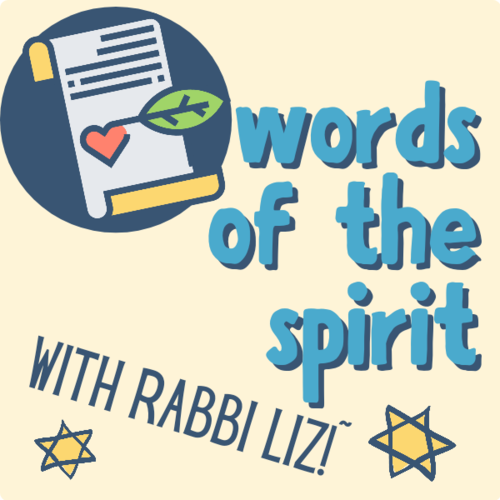Judaism and Numbers
31/05/2016 09:35:56 PM
| Author | |
| Date Added | |
| Automatically create summary | |
| Summary |
Last month, many of us attended or hosted Passover seders that featured a song towards the end that sounds suspiciously like one of those summer camp memory games, with a numbers twist, like: “When I went on my camping trip, I brought three lamps, two sleeping bags, and one tent….. etc.”. with each successive person adding a new item and recounting the previous ones.
The song Ehad Mi Yode’a or “Who Knows One?” makes its way up to thirteen symbols or events in Judaism, with each verse adding the next digit. Of course, the seder also featured two dippings, three ritual matzot, four questions, four cups of wine, four children, ten plagues, and countless variations on how to count them, on up to. Judaism takes numbers seriously.
For those who attend a seder on the second night of Pesah, the formal counting really begins, namely the counting of the Omer. We count the days between Pesah and the next festival of Shavuot, as outline in the book of Leviticus. The mandate to count those fifty days evolved from an agricultural ritual, to a celebration of our journey of redemption from slavery, to the revelation of Torah itself.
We also begin this month to read from the book of … Numbers, the fourth of five books of Torah. The book is so named because it begins with a census. However, the actual numbers in the biblical census generate such confusion and controversy that, according to one scholar, each mother on the journey would have had to bear fifty children.
As for the number fifty, from multiples of plagues to the concept of the yovel or Jubilee, explored in the torah portion Behar just a few weeks ago, it seems to evoke completion, satisfaction, celebration.
As we get close to the end of the countdown to Shavuot, I invite you to count yourself in, and to experience, perhaps for the first time, this extension of the Passover season to its ritual culmination. We are celebrating this year in an exciting and unique way (see the announcement in our newsletter and on our website). Add to your bank of holiday memories this year, and see what a joyous celebration of torah can mean for you, and for our community.
-Rabbi Liz
Mon, 7 July 2025
Special Messages from the Rabbi
Privacy Settings | Privacy Policy | Member Terms
©2025 All rights reserved. Find out more about ShulCloud







